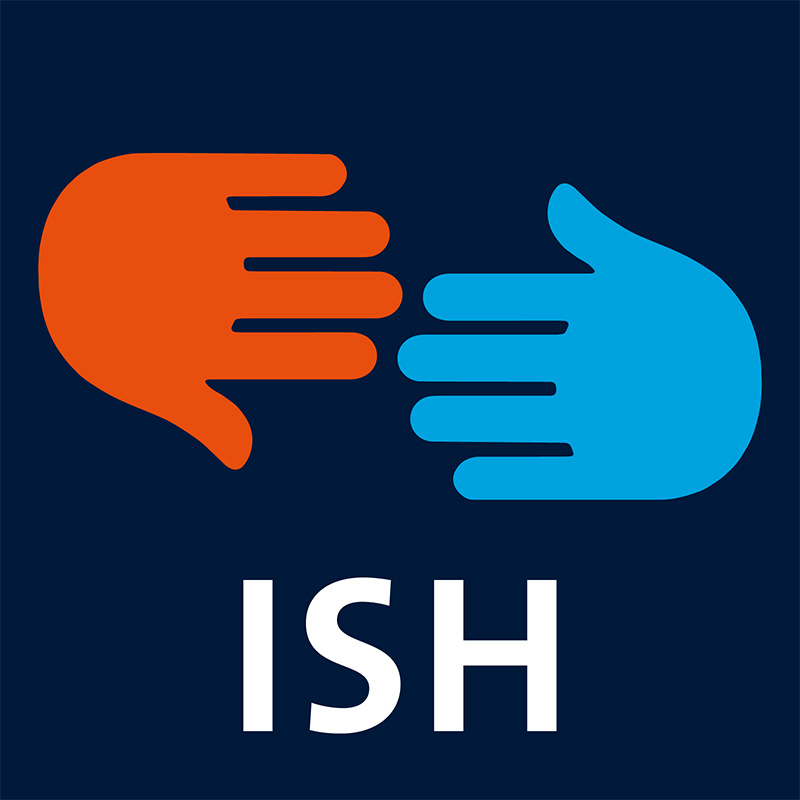Hi all!
Here at mymaastricht, we understand that moving to a new country can be quite scary and might be especially daunting if you’re coming from outside the European Union. There might be a few more things that you need to take into account. But please don’t panic too much as there are resources to help you. To make your life easier, we have created a short summary of the things we know for a fact to be different for non-EU students vs. EU students. The differences are not too big but we just want to make you aware of the differences. The topics where the experience differs are:
- Banking
- Health insurance
- Housing
Let’s get into it!
Banking
Getting a bank card as a non-EU student can be a bit more challenging than if you are from the EU/EEA region. Both EU and non-EU students can get a free student bank account with the banks ABN Amro and ING. The only difference here is that non-EU students must physically visit the bank to open their account and they may require having additional paperwork with them such as a residence permit or a visa.
Health insurance
As a student coming from outside the EU you should definitely get yourself private health insurance. This is really important as without insurance your medical bills can sky-rocket if something happens. Even though you’re healthy now, you never know if an accident will happen, so be sure to get yourself some health insurance! We have made all the information you need easily available on our health insurance page.
Housing
And finally, the topic of housing – an evermighty challenge in the Netherlands as you may have heard. Finding housing in Maastricht is not usually an easy task but don’t worry too much about it, we’re sure you will find a place to stay! It may be a bit more challenging if you are not able to physically see houses on-site so be sure to use the option of online viewings as well! (We recommend that you always have an online or offline viewing just to prevent you from getting scammed!)
As a non-EU student, you will need your residence permit to rent a place. Additionally, as is the case for most EU/EEA students as well, you will need a copy of your passport, proof of ability to pay (usually in the form of a bank statement) and a deposit slip. However, some landlords may want to see some additional proof of for example a bank statement from your parents.
I hope these tips will help you further integrate into the Maasi life!


